Coming to Grips That My Mental Health Wasn’t Okay
Written by Mackenzie King, Australia
Growing up in a Christian household, mental health wasn’t something that was talked about at all. Sure, we would go to the doctor if we were physically sick, but when it came to the mental side of things, well, why would one need to see a psychologist if we had God with us?
Added to this were general observations over the years, from sermons and chats with Christians, that seemed to reinforce the idea that all we needed for a great mental health was to pray harder, memorize more scriptures on defeating self-doubt and sadness, read up about our identity in Christ, and cultivate an attitude of gratitude.
So, the coping mechanism I had adopted over the years was to simply ignore my emotions (I don’t recommend doing this). Whenever self-doubt or sadness crept their way into my mind, I’d pop them away in a mental file in my head, and mark them “to be ignored”. After all, out of sight, out of mind.
Unfortunately, those tactics (praying harder, meditating on Scripture, ignoring my emotions) didn’t work for me. And one day, as I found myself emptying the contents of my stomach down the kitchen sink after entertaining a round of toxic thoughts (and in turn, triggering an overproduction of acid in my stomach), I realized I needed to seek professional help, or my poisonous thoughts would ruin both my mental and physical health.
Mental health is defined by the World Health Organization (WHO) as “a state of well-being in which every individual realizes his or her own potential, can cope with the normal stresses of life, can work productively or fruitfully, and is able to make a contribution to her or his community”.
Seeking professional help wasn’t something that came naturally to me. After all, getting help also seemed like I was admitting defeat in my Christian walk. Psychologists, counsellors, and therapists were, in my narrow mind, for people destined for the funny farm. They were for the clinically insane, like characters from Batman’s Arkham Asylum, each filled with ideas of grandiosity. These people, in my view, were not your hard-working everyday person, with a regular job, a side of sporting activities, and a decent social life. At the time, I was already seeing a psychologist to work on my low self-esteem and to learn better emotional coping skills. But as COVID-19 ravaged my plans and my hope for a relationship was dashed, my monthly meetings with my psychologist proved to be a lifeline that saw me through a dark, sad tunnel.
Therefore, summoning the courage to first see my doctor for a referral and then the psychologists’ practice required great amounts of willpower. And when the day came for my appointment, I glanced furtively around the waiting room, looking out for a patient bundled in a strait-jacket to come through. But all I saw were regular people: parents with teenagers, working adults, students.
While I did put up a bit of a fight in reaching out and going to see professional help, I was glad I did and have learned a few important things along the way that has led to a better understanding of my own mental health.
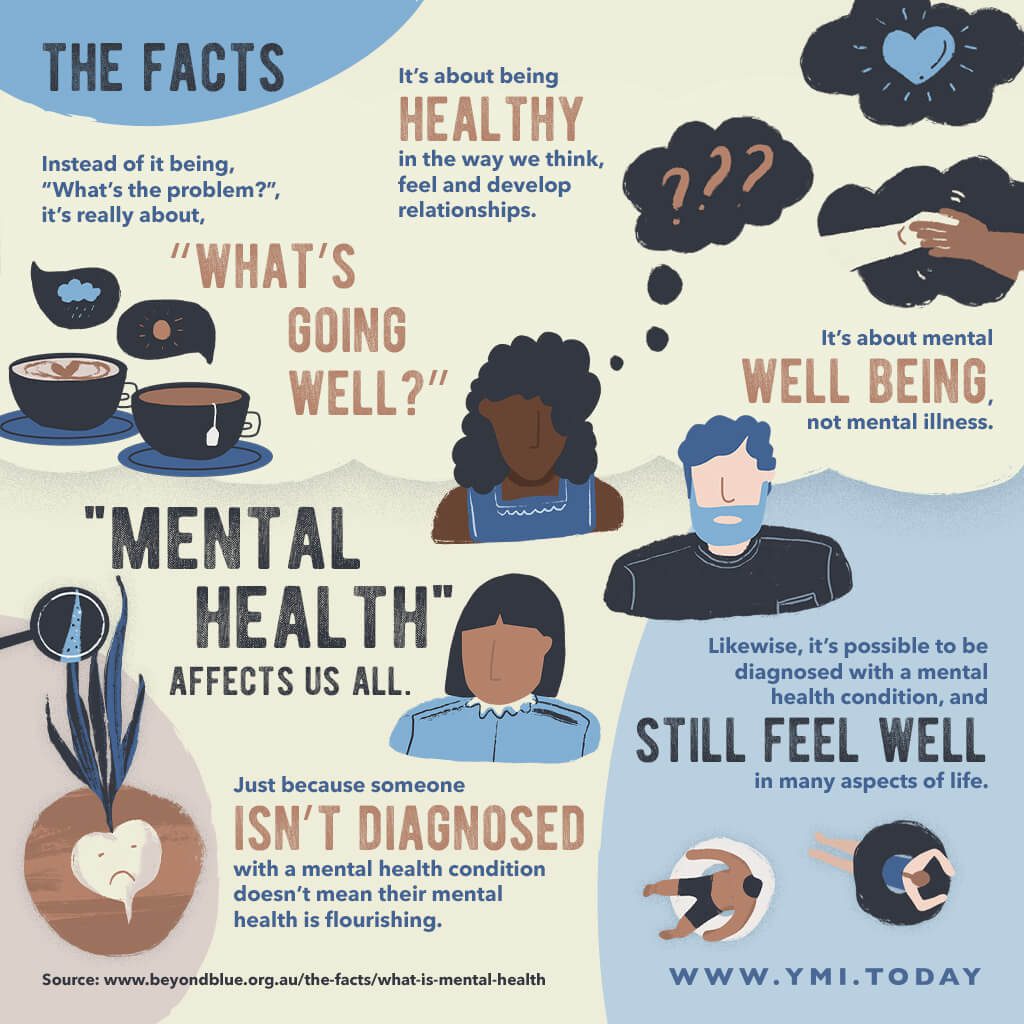
1. It’s okay to not be okay
As much as I would like my life to be a series of happy events, I have learned to admit that sometimes, life isn’t going okay, that I am feeling sad, and that I need someone to talk to. I have learned that in our moments of sadness, there’ll be days where we’ll find ourselves sitting on our bed, tears flowing down our cheeks, wondering when this will ever end. And that’s completely okay.
Furthermore, experiencing the full range of human emotion can be good for personal growth. If I don’t know what sorrow or sadness feels like, how will I be able to walk next to a friend who might be going through something similar in the future (2 Corinthians 1:3-4)? If I don’t know what these emotions feel like, how will I be able to fully experience God’s true love or comfort (it’s easy to feel blessed by Him when life is going good)?
Life is never going to be a wonderful patch of flowers, but that’s okay.
2. It’s okay to seek help
I had been incredibly iffy about seeking help, thinking professional help was mostly for certified loonies. I was also afraid of people finding out, and I feared future employers would mark me as “unstable”.
But I was glad I did, and it was through this process that I learned there’s nothing wrong (and in fact, there’s a lot to be applauded for) in seeking help. For me, it was a relief to be able to fully express myself without being judged, and to have a recovery plan made for me (instead of relying on something that was effective for someone’s brother’s girlfriend’s sister).
And there is definitely more than one way where help can be sought. It could be through a trusted friend, a mentor, someone who has gone through a similar experience, or a local mental health helpline for support.
Going to therapy has also shown me that life cannot be done alone, and that it’s important to be able to have someone we can talk to when the going gets tough. We also see this reflected in the Bible, where the Teacher talks about two being better than one because if either one of them falls, they have another to pick them up (Ecclesiastes 4:9-10). For me, this came in the form of counselling, coupled with the shoulders of a few good friends to cry on, and a loving sister I could turn to.
3. It’s okay to acknowledge your emotions
I dislike crying—the very act of tears welling up in my eyes and spilling down my cheeks makes me uncomfortable. And if I disliked crying, then I would dislike myself for having a cry (tears are inevitable in life), as I often felt like the person who had hurt me had won. The comments I’d often read about how women were so much more emotional than men and how it’s detrimental to their careers also didn’t help. So, I was stoic about not crying, choosing instead a stance of taking things on the chin and having a stiff upper lip (even if all they wanted to do was wobble).
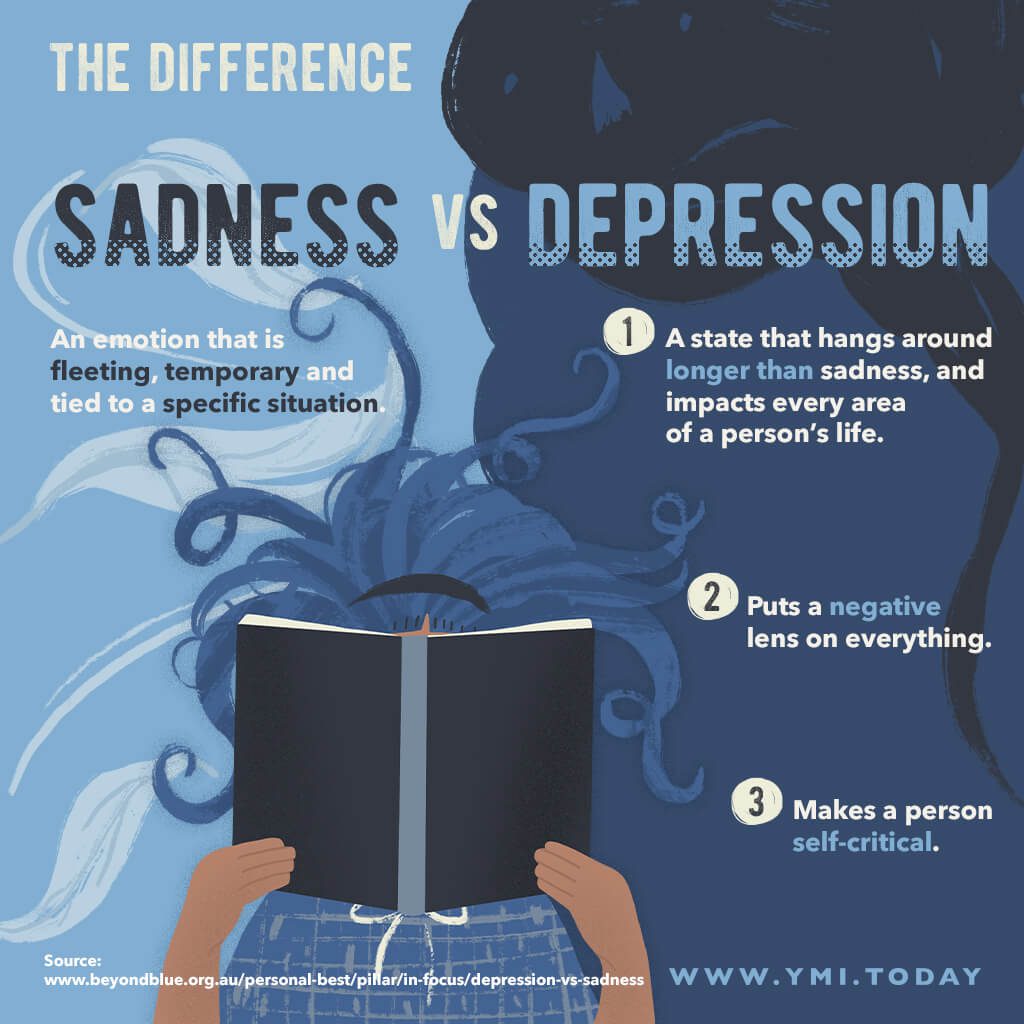
It was through counselling that I came to terms with the fact that tears (and sadness) are all natural parts of life. These feelings, I learned, are what makes us human and are natural responses to the range of emotions we feel. If we can laugh when something’s funny has happened, why can’t we cry if something bad has happened? Allowing and accepting that tears are okay (and not to be simply wiped off one’s face because it’s bad) helped me acknowledge that sadness is a legitimate emotion to a hurt or disappointment I have felt in life.
Another thing that I have since come to realize is that the Bible has characters who are no strangers to turning on the tap! In fact, their expressions of tears and sadness didn’t make them any less of a hero. There’s Job, who wept so hard till he was red in the face, and his eyes ringed with dark shadows (Job 16:16). Then there’s Jesus, who wept with Mary and Martha when He heard of the death of their brother, Lazarus. Scriptures are also filled with verses covering the full spectrum of the human emotion, and this is seen in Ecclesiastes 3:4, “a time to weep, a time to laugh, a time to mourn, a time to dance”.
Looking back, even though I had initially been so hesitant in asking for help, I am really glad I did it as it gave me a safe space where I was able to lay out what was on my mind without being judged, and learn how to cope with my emotions in a better, healthier way.
I had often wondered what help from the Lord, or what being lifted from a pit of despair, looked like. This episode has shown me that help from God comes in many forms, if I was only willing to let go of my prejudices and to be more open to the different support He has made available. Each interaction I had with the people He has placed in my life, from my psychologist to my family and friends, is a reminder of a faithful God who holds my hand as He walks me through and out of my pit of despair.
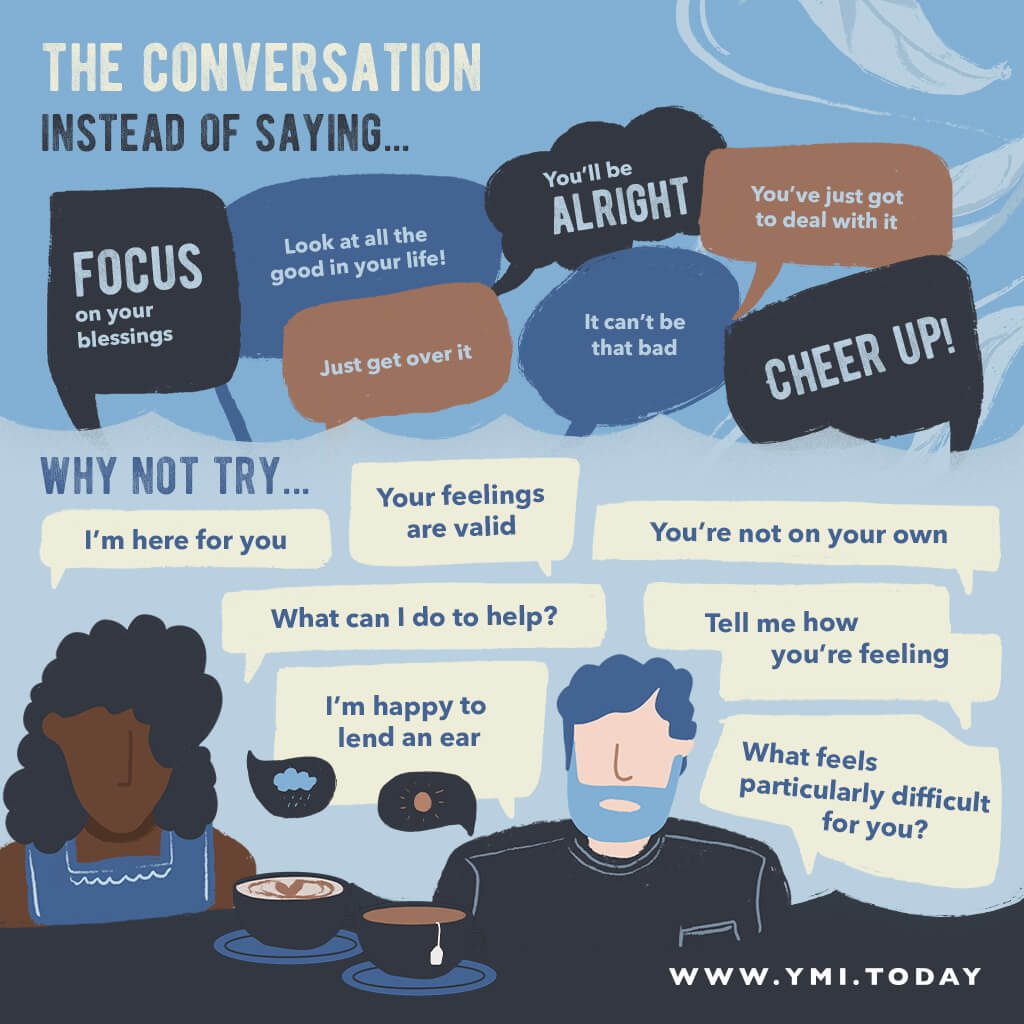
Back to Homepage

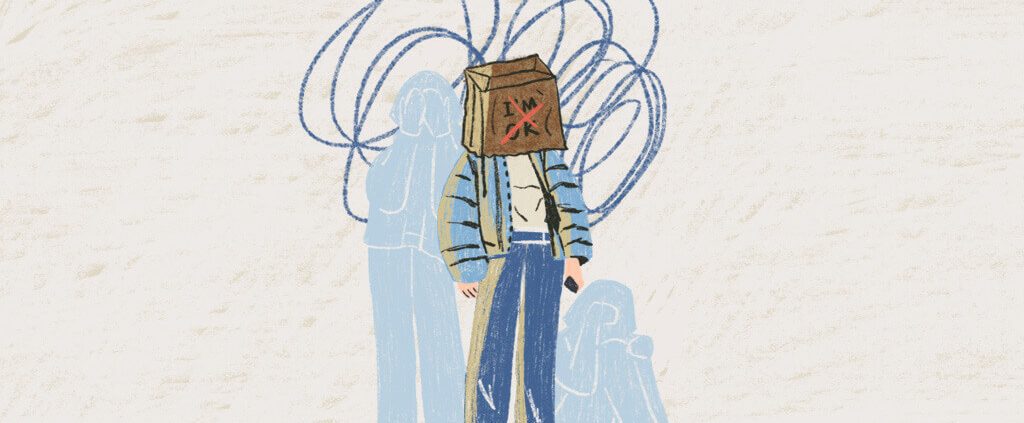
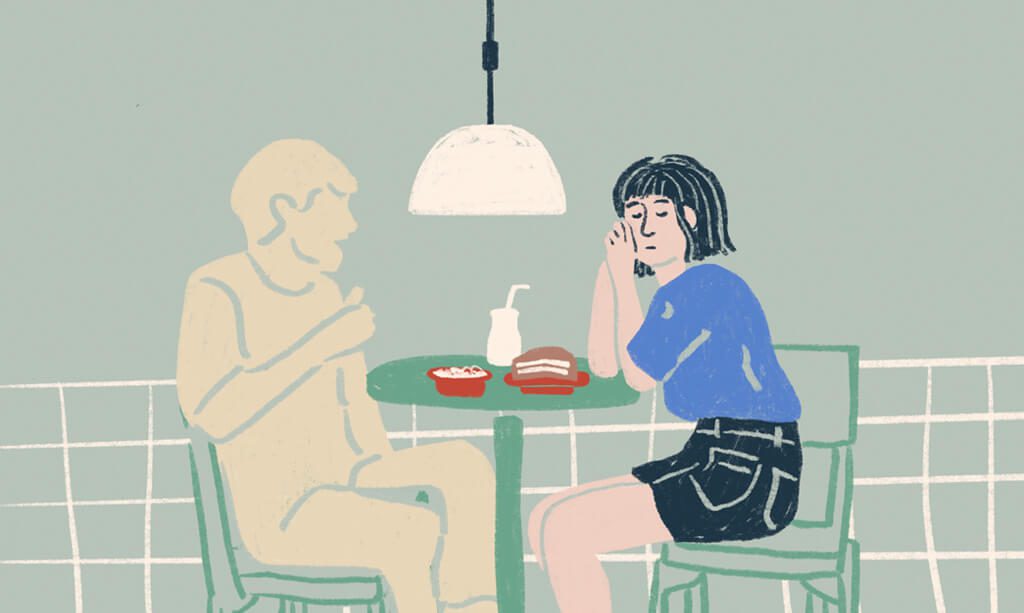
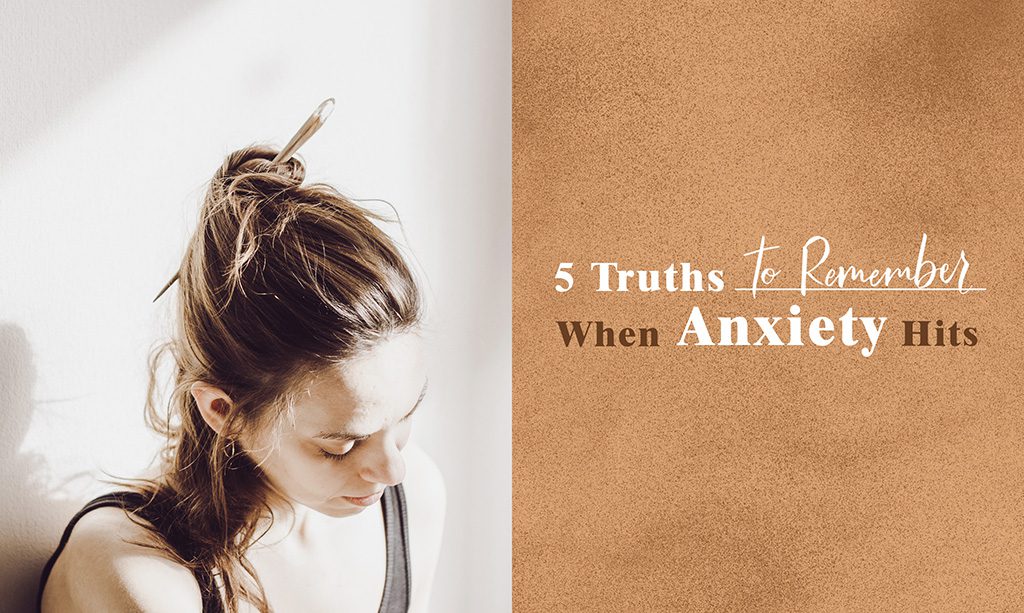









Aw this is so relevant. I’ve heard that “solution” that you just need to confess all your unconfessed sins then God’s power and joy will flow through. I mean that’s not a false thing, but I guess it misses out on the afflicted person’s thoughts being heard first before throwing in the solution. And I believe that it doesn’t work just like that, like a formula, a solution, an equation you just run through and then everything gets fixed all at once. Everyone is different, and so does the remedies. The only constant thing is the One from whom the remedies come from.